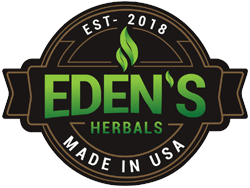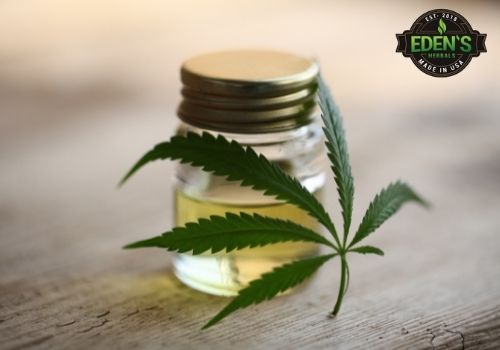 If you have seen a little information about CBD but not enough to know what it really is, you are probably pretty confused. CBD is everywhere, of course, with tens of millions of adults having tried the product over the past few years and a similar number using the product on a regular basis.
If you have seen a little information about CBD but not enough to know what it really is, you are probably pretty confused. CBD is everywhere, of course, with tens of millions of adults having tried the product over the past few years and a similar number using the product on a regular basis.
Here's the thing: CBD is still largely unregulated and badly understood. The United States Food & Drug Administration continues to develop new ways of regulating the substances used.
As a result, there is a lot of confusion about the types of CBD, the labels that come with CBD, and what people are buying when they make a CBD purchase.
There is also no shortage of resources available to help consumers better understand what CBD is and its different types.
Here is more information about oil-soluble and water-soluble CBD, including:
- what they are
- their benefits
- difference between the types
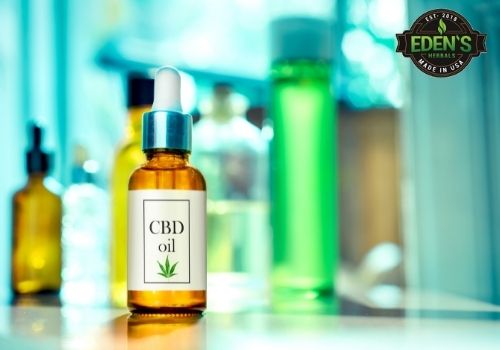 Before we get into the difference and definition between the types, there are a few terms that need a better definition. One such example is bioavailability. Bioavailability is how much of a substance your body will absorb once it first enters your body. In theory, everything that enters your body should have some form of bioavailability.
Before we get into the difference and definition between the types, there are a few terms that need a better definition. One such example is bioavailability. Bioavailability is how much of a substance your body will absorb once it first enters your body. In theory, everything that enters your body should have some form of bioavailability.
Everything that you eat or drink has its bioavailability reduced by the first-pass effect. This is the phenomenon in which the concentration of something that is ingested into your body is reduced before it can be absorbed.
This results in a person absorbing less of a substance than they would have if not for this effect. They are reducing the first-pass effect, and increasing the bioavailability of a drug can help a person absorb more of the chemical. Giving them more of the positive sensations associated with that chemical.
Oil-soluble CBD
Oil-based CBD is exactly what it sounds like CBD that is mixed with some sort of oil. Here's the thing: Most CBD is oil-based. That's why it is actually called CBD oil. Being oil-based gives CBD some different sorts of chemical impacts.
However, generally speaking, being oil-soluble is bad for bioavailability. This is because of the chemical composition of our bodies, which are 60% water.
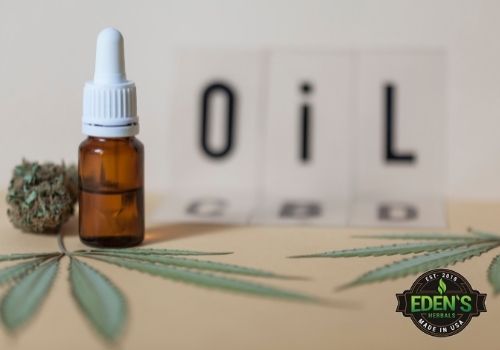 As you probably already know, oil and water do not mix. Therefore, having an oil-soluble form of CBD can create problems for the absorption of CBD.
As you probably already know, oil and water do not mix. Therefore, having an oil-soluble form of CBD can create problems for the absorption of CBD.
According to studies, some CBD absorption rates are around 20-30%. In this instance, it is typically lowest when the CBD is consumed orally. Since this is how a large portion of CBD is actually ingested into the body, oil-soluble pills are often not as efficient or effective as other forms of CBD.
Is CBD Water-soluble?
Water-soluble CBD doesn't actually dissolve in water. Doing so would completely defeat the purpose of actually getting CBD and using it. Instead, water-soluble CBD is mixed with a different type of carrier oil.
CBD oil that is oil soluble is usually mixed with an oil that is known as a carrier oil. This mixing allows for the CBD to be safely stored and transported.
It also allows for the product's taste to be altered into
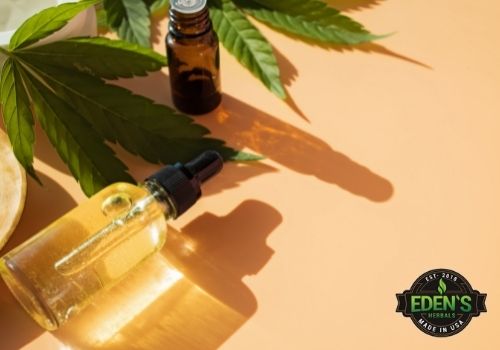
something more digestible and for the manufacturing process to be altered in such a way that allows for the substance to be consumed in a capsule or tincture.
Water-soluble CBD is mixed with a water-friendly carrier. This different type of carrier allows the body to break down the CBD, thus increasing its bioavailability - even on the first pass of the substance through your body.
Water-soluble CBD VS Oil
It is difficult to determine which product is actually "better" for a person since it may be too powerful or weak for one another. To be clear, oil-soluble CBD does work, and it often works well. Different people may have different personal constitutions, allowing the product to be more easily absorbed.
Some people may benefit from taking an oil-soluble CBD that intentionally prevents them from absorbing too much of a substance. Doing so may create negative side effects or too strong of an experience.
Indeed, this is one of the dangers of taking CBD with certain medications that may suppress liver function: Doing so may allow for too much of a medication to be absorbed.
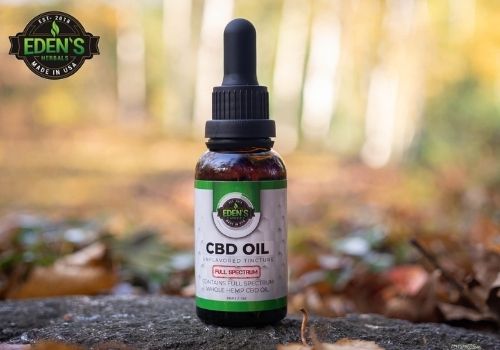 However, from a pure efficiency scale, there is no question that water-soluble CBD is better for a person. This is because the body can break down water-soluble CBD more easily, thus allowing it to be easily absorbed into the bloodstream. As a result, a person consumes less CBD but feels its impacts stronger.
However, from a pure efficiency scale, there is no question that water-soluble CBD is better for a person. This is because the body can break down water-soluble CBD more easily, thus allowing it to be easily absorbed into the bloodstream. As a result, a person consumes less CBD but feels its impacts stronger.
To be clear, there are downsides to water-soluble CBD. The process is more labor-intensive and specialized. This, of course, can make its production far more expensive. For some, this is a difference that is well worth it, but it is worth keeping in mind before purchasing.
Before purchasing any CBD that claims to be water-soluble, you should inquire about the methods that went into the manufacturing of the CBD. CBD is, unfortunately, a very under-regulated industry.
As a result, some businesses may claim that their product is water-soluble when it is not. In order to check, you can view a CBD product's Certificate of Analysis. This Certificate will give a breakdown of how a CBD product has been made.
There is no shortage of choices for people interested in buying and using CBD. Indeed, these choices can get overwhelming. However, the most important thing is to be an informed consumer of whatever choice you make.
There are major differences between water-soluble and oil-soluble CBD, and you can make a better purchase for yourself, your body, and your wallet.
If you want to learn more about water or oil soluble CBD, contact Eden's Herbals at support@edensherbals.com today!
*These statements have not been evaluated or approved by the Food and Drug Administration and are not intended to diagnose, treat or cure any illness. Medical advice should be taken from a medical professional.
All of the articles on this site are written by 3rd party content providers, expert bloggers or doctors not directly affiliated with Eden's Herbals.
Individuals should learn the risks and side effects prior to taking CBD. Make sure to always check with a medical professional before starting any new CBD treatment or medication that is not FDA approved.
